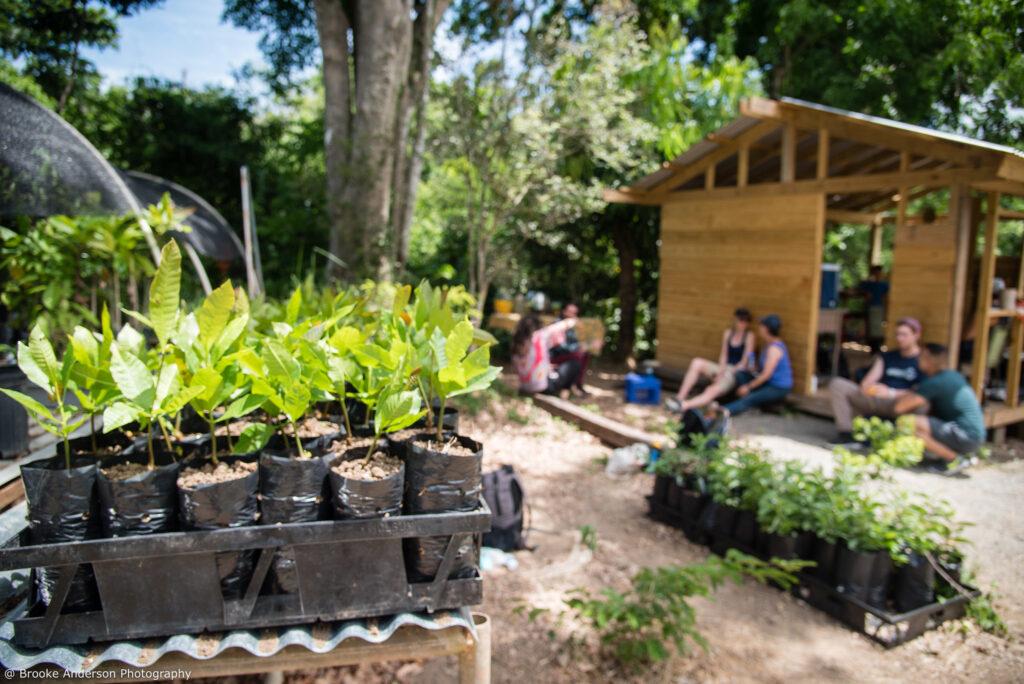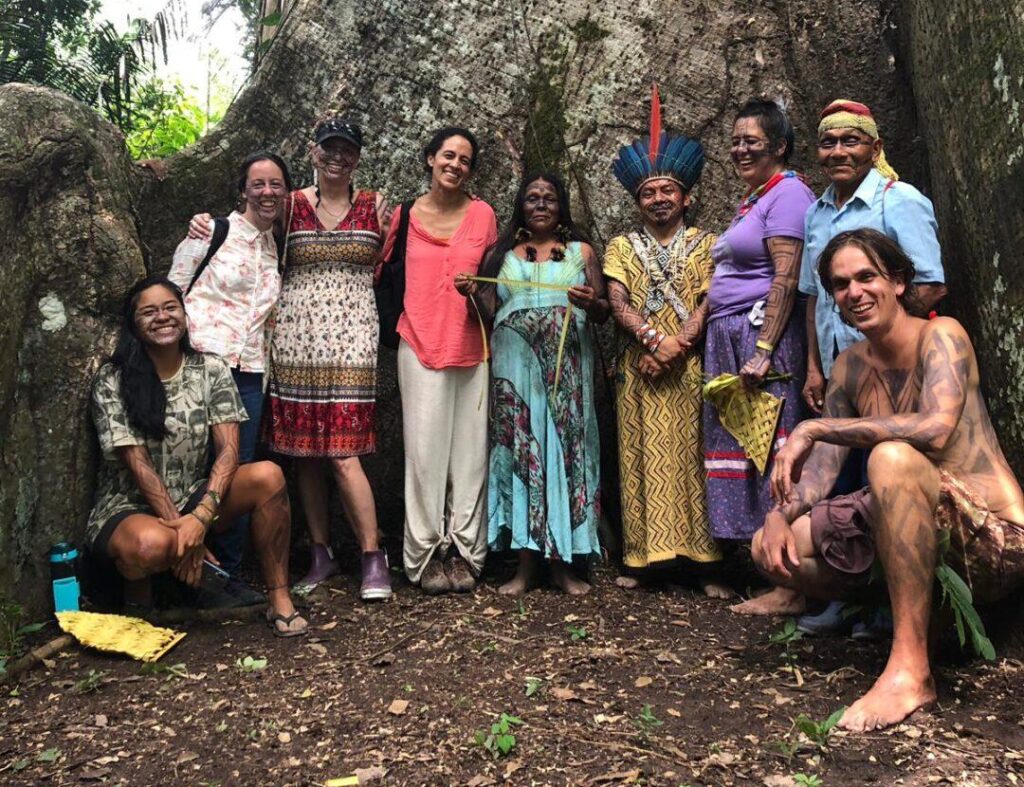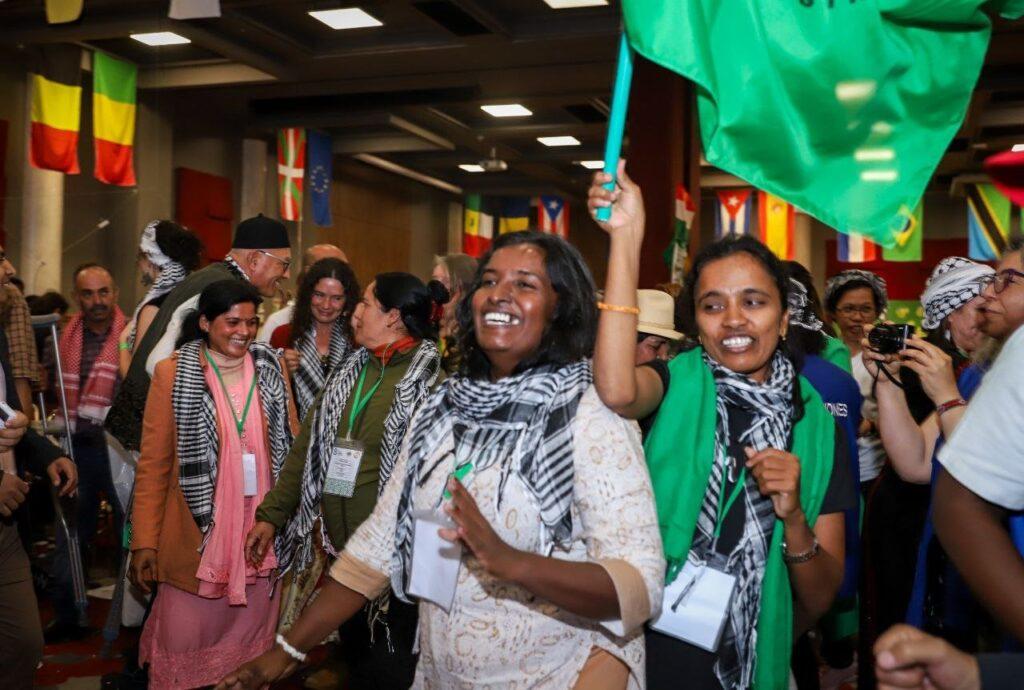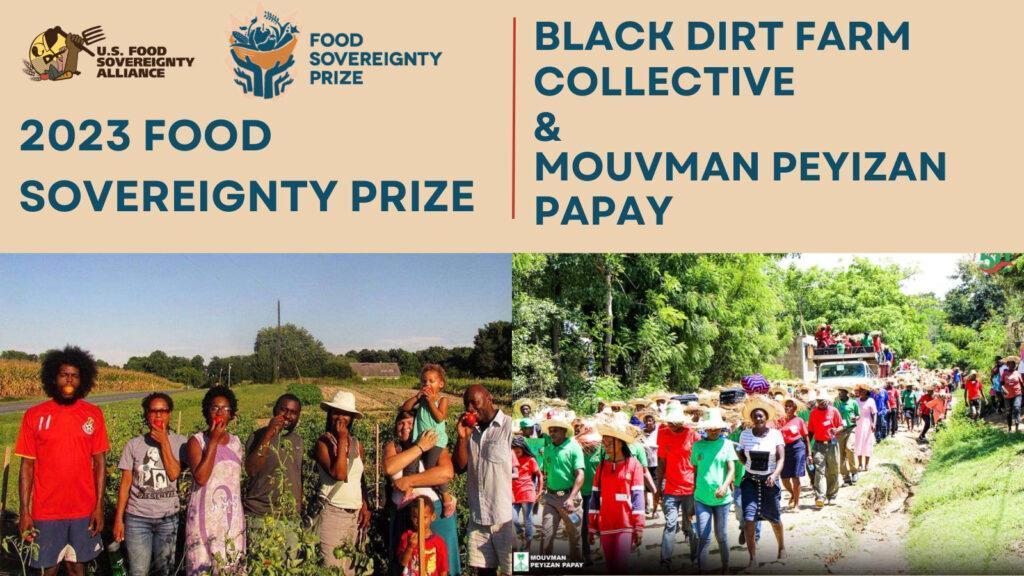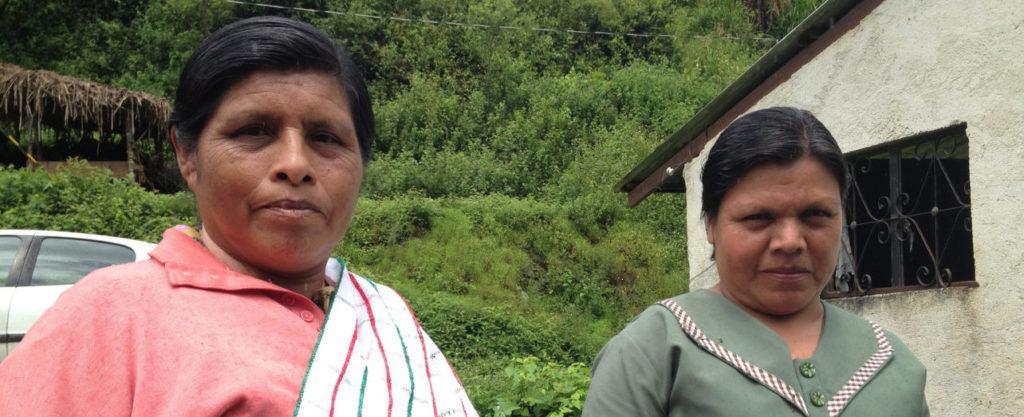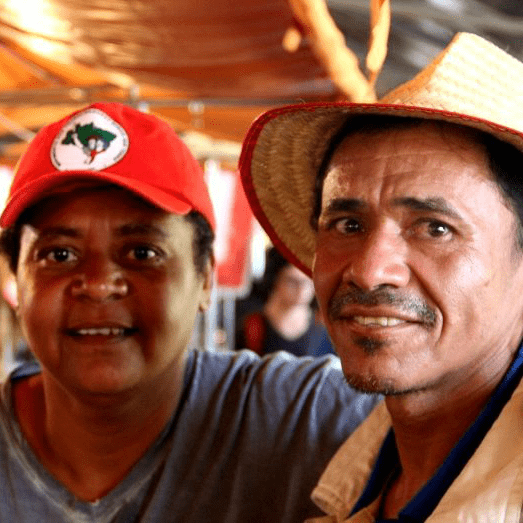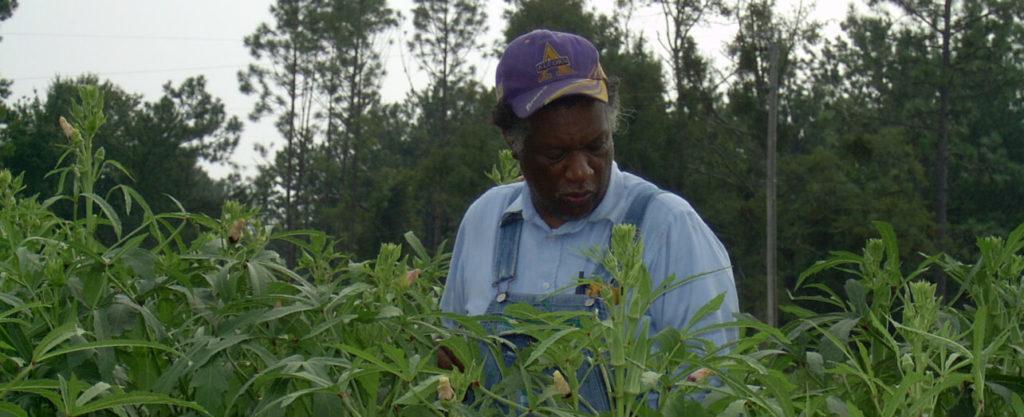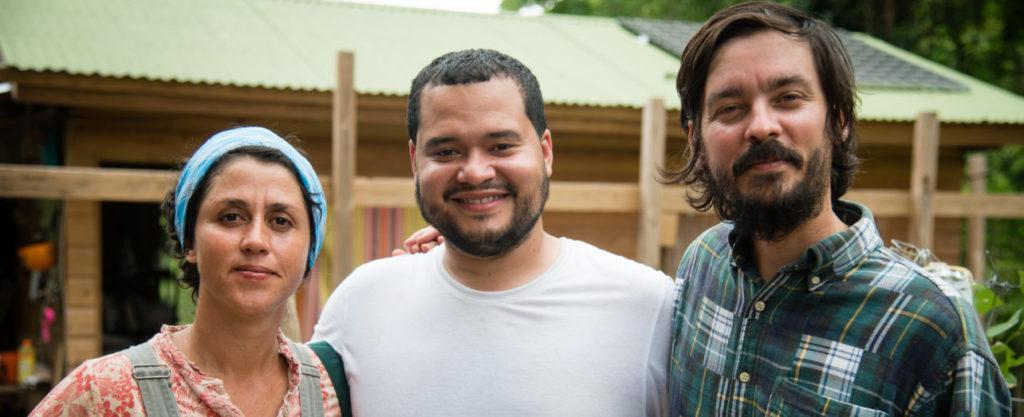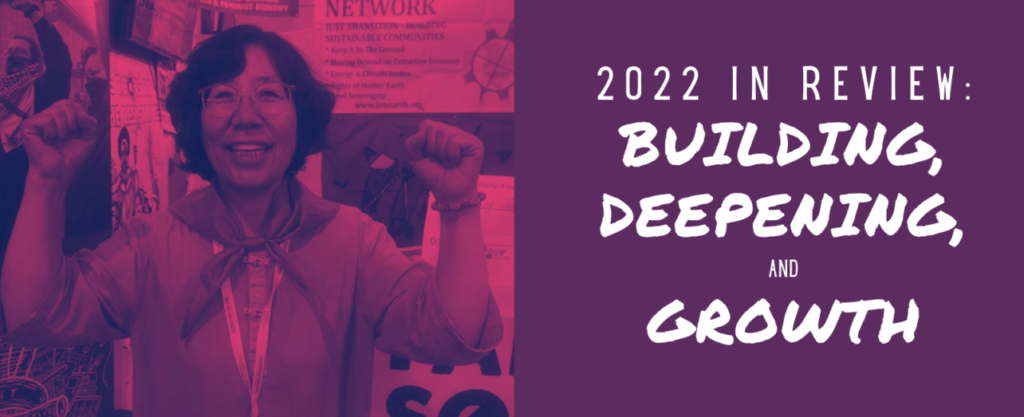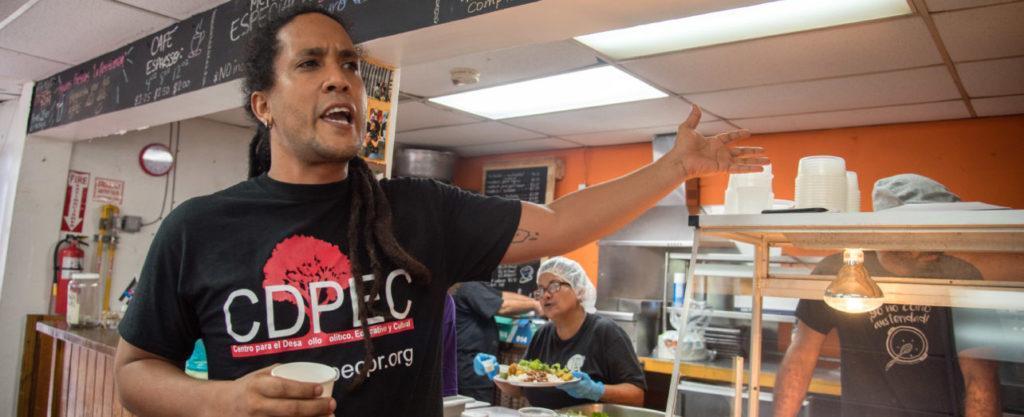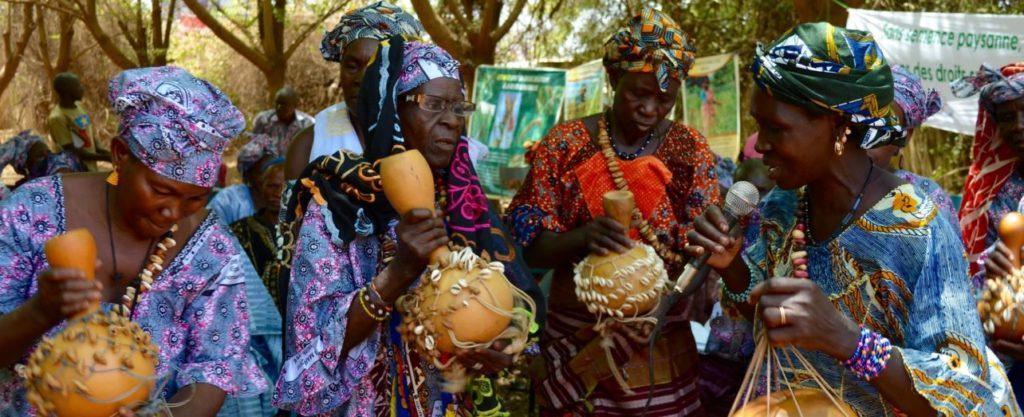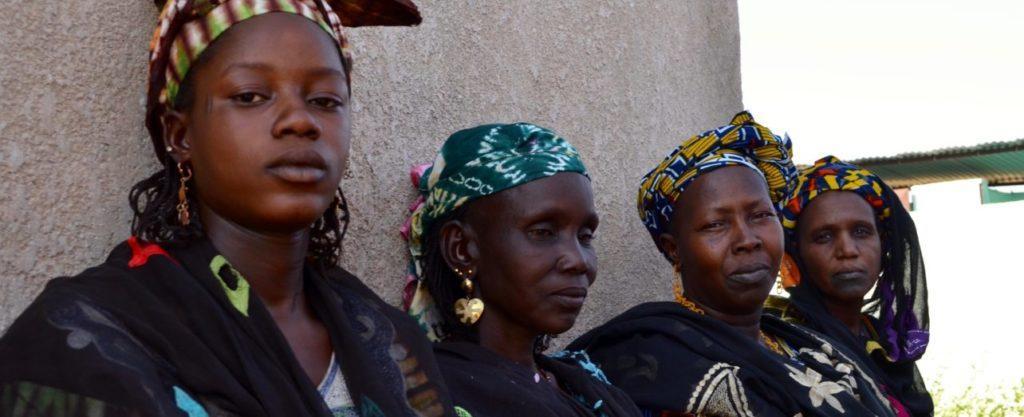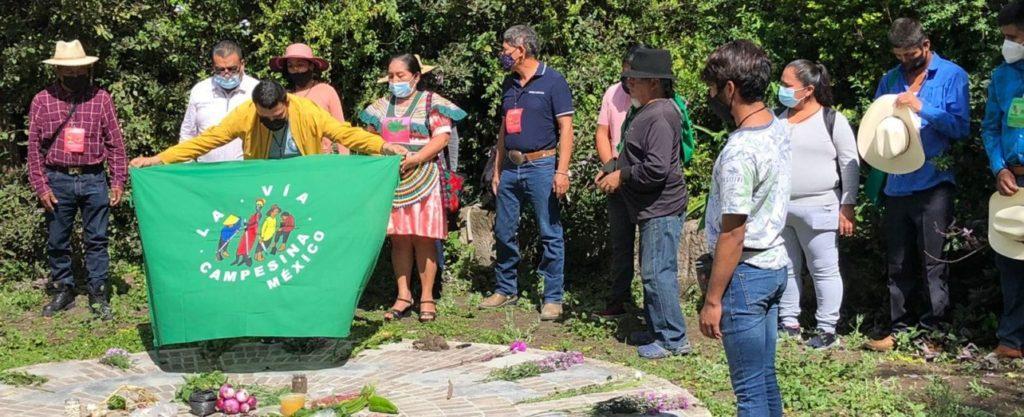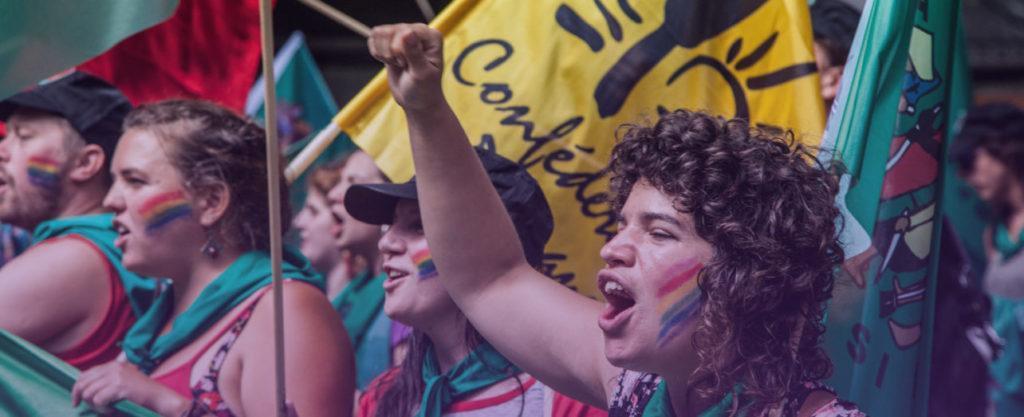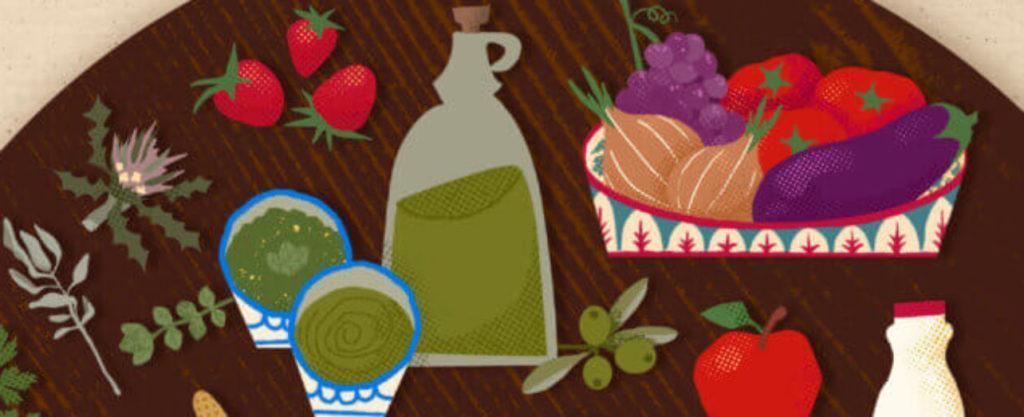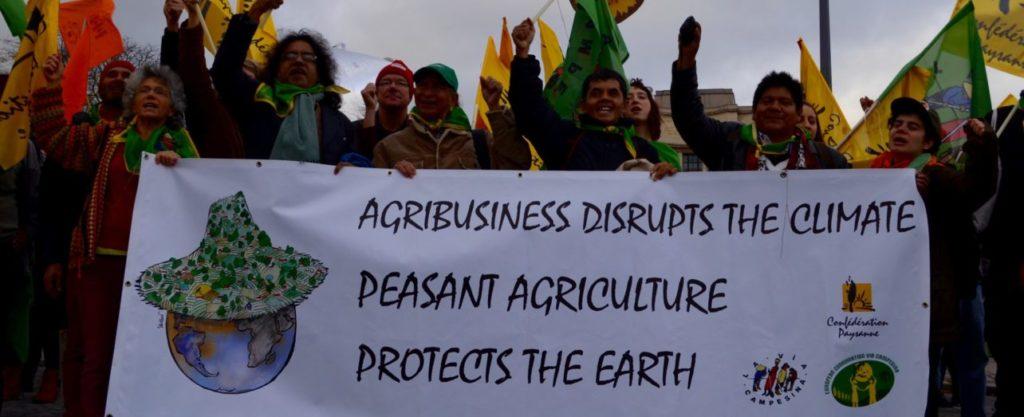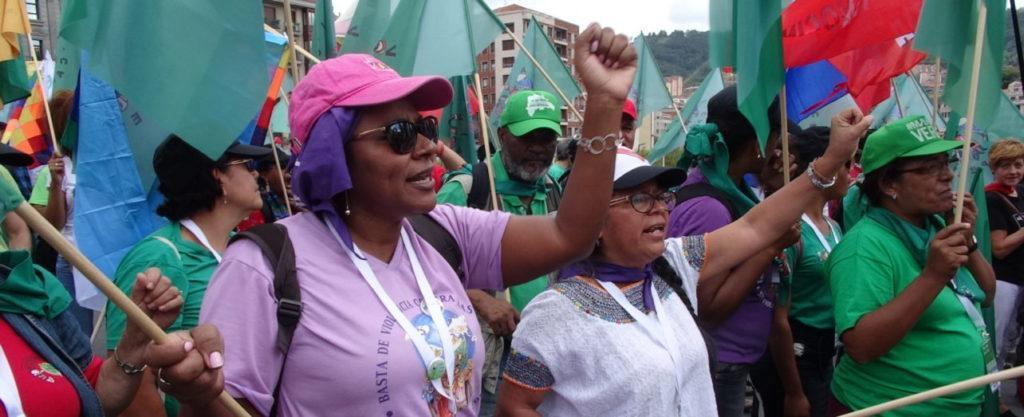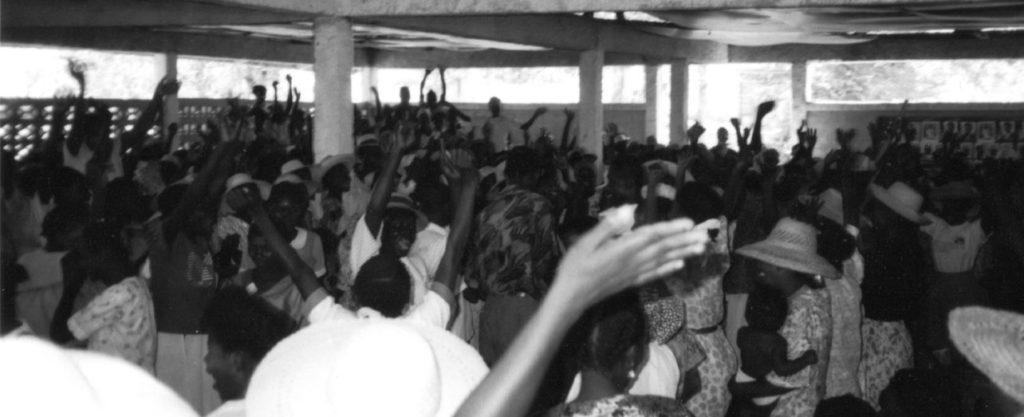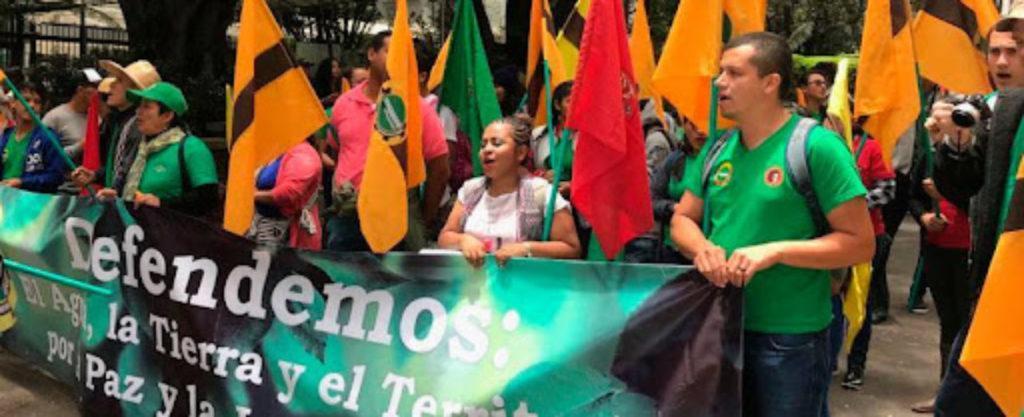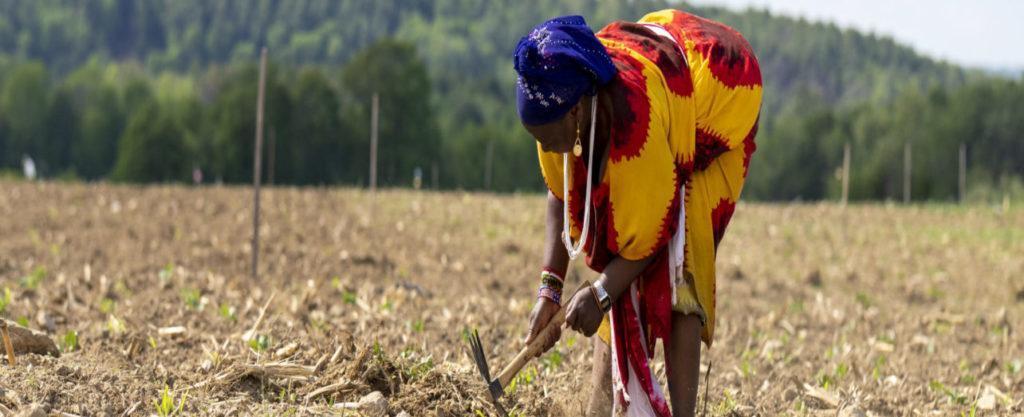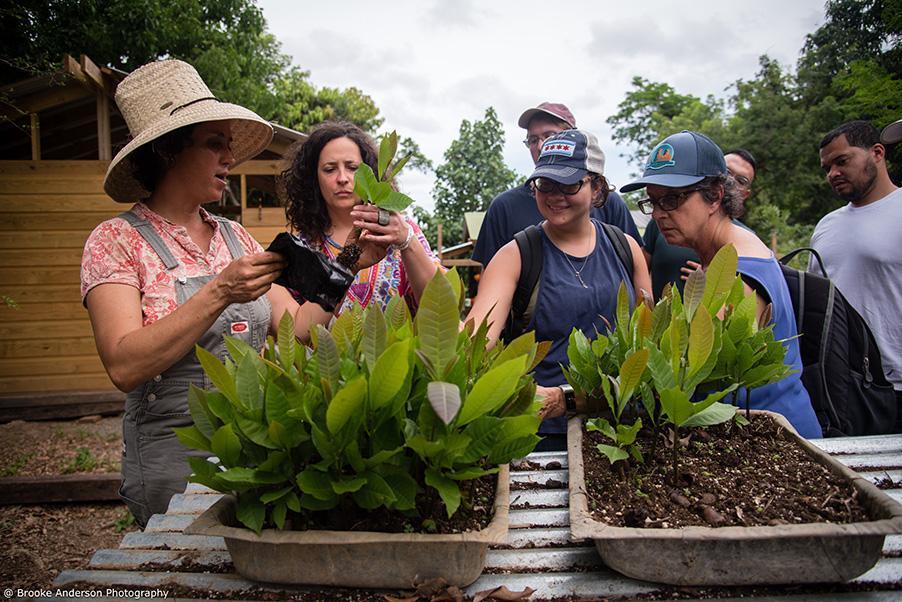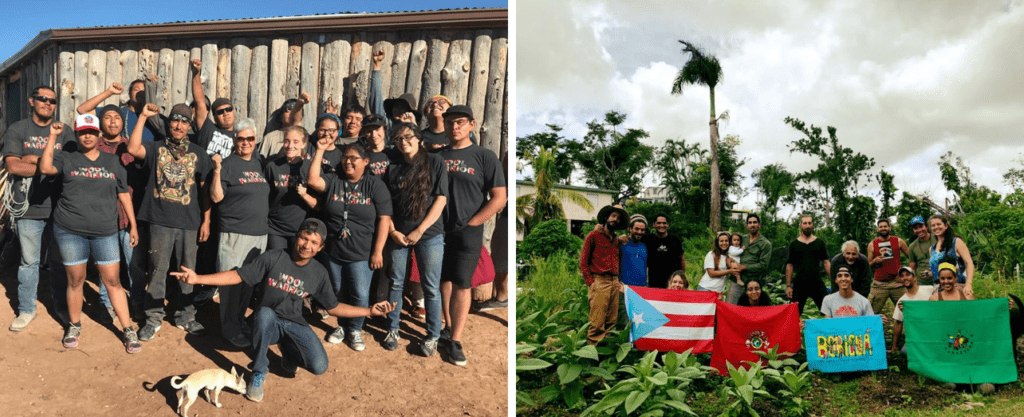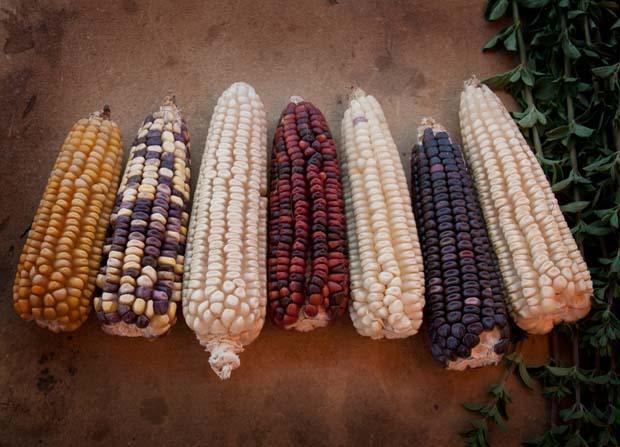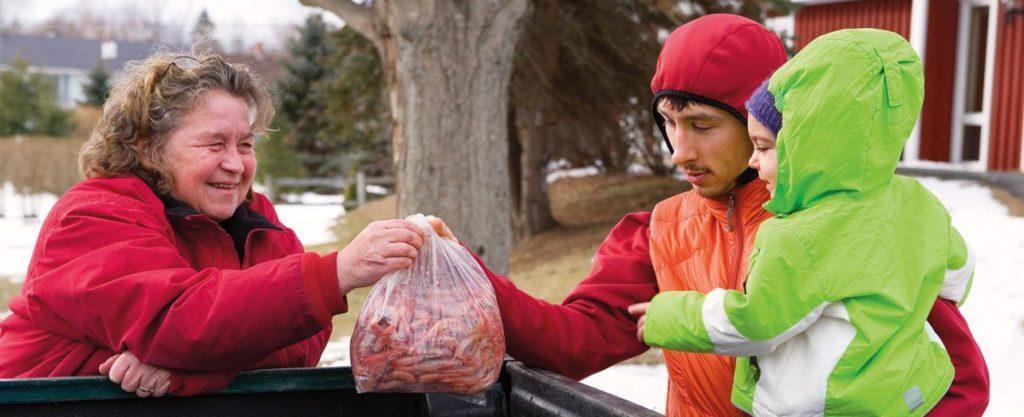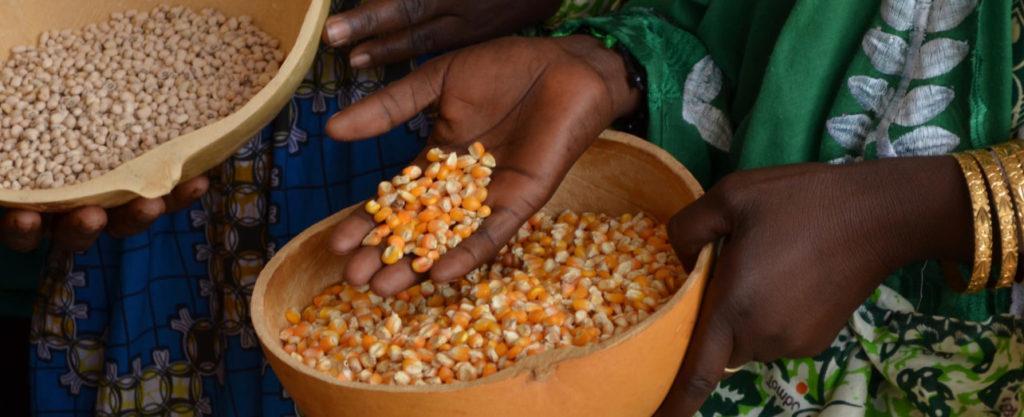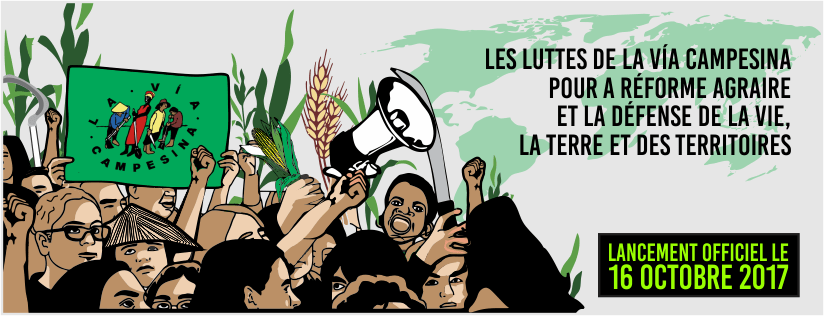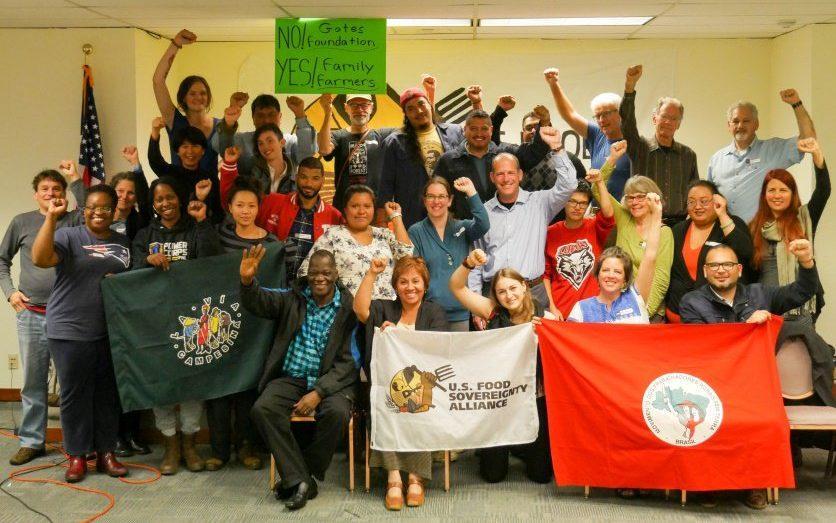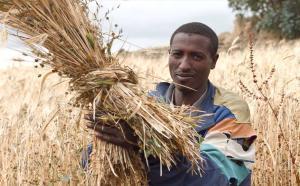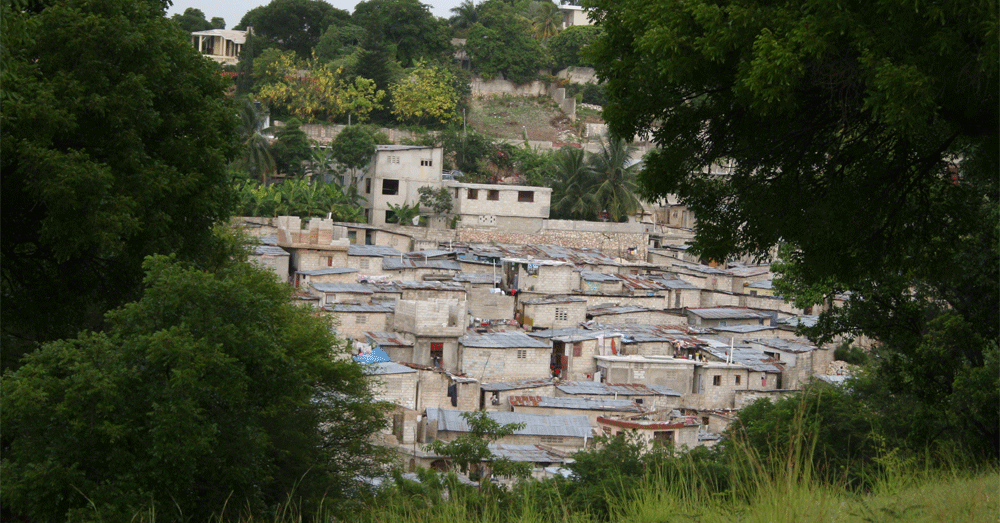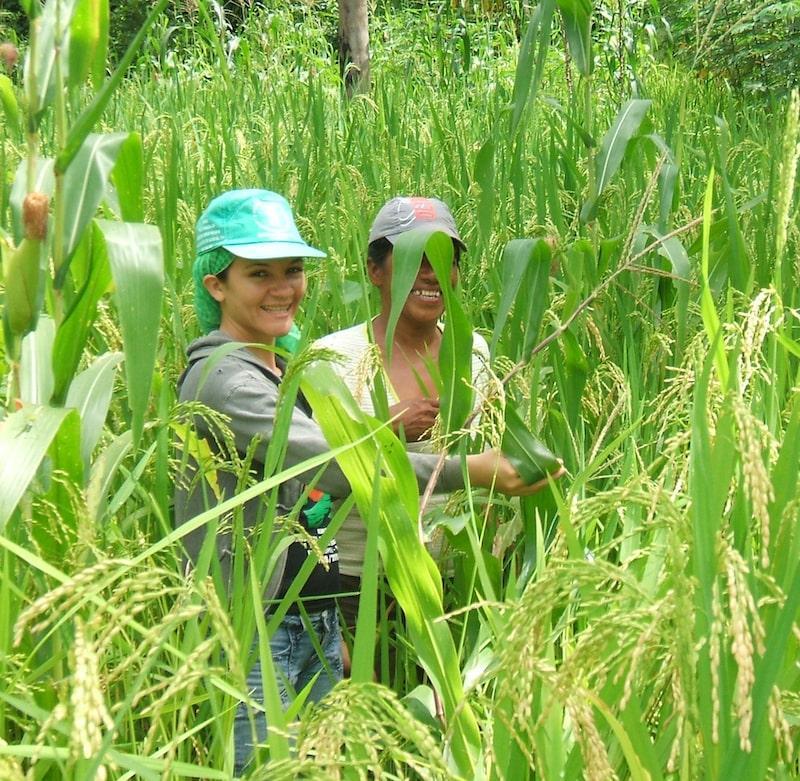
Associação em Áreas de Assentamento no Estado do Maranhão (Association in the Settlement Areas of the State of Maranhão, ASSEMA)
Many local people in Médio Mearim, Maranhão hold up the babaçu nut as a symbol of their home’s natural wealth. While agribusiness threatens the very survival of this nut and the people who depend on it, ASSEMA organizes local farmers and nut harvesters to defend their way of life.
In the Médio Mearim Region of the state of Maranhão, Brazil, aggressive agribusiness and megaprojects are devastating natural resources and the lives of peasant women, gender nonconforming people and their families. The region was once littered with natural babaçu nut forests. Today, agribusiness has cleared many of these forests for eucalyptus and sugar cane plantations or cattle farms.
Many of the remaining babaçu forests are now located on private lands, so many local people do not have the free access, as they once did, to collect the precious nuts that sustain their families and communities. They are instead forced into low-wage work for the big landholders.
This disruption is not just environmental or economic. It’s cultural, too. For many local people, the babaçu nut and its forests symbolize the natural wealth of Médio Mearim.
Against this, Associação em Áreas de Assentamento no Estado do Maranhão (Association in the Settlement Areas of the State of Maranhão, ASSEMA) organizes thousands of rural families in Northeast Brazil to remain on and make a living from farms gained through land reform. Founded by courageous women who chose to fight for their community instead of accepting evictions, ASSEMA puts great emphasis on the value of women and gender nonconforming people’s labor and a respect for Indigenous cultures and the environment.
With ASSEMA’s support, rural women and LGBTQIA+ people are leading campaigns to protect the native Babaçu palm tree and their livelihoods as Babaçu nut harvesters. Through local cooperatives and associations, Babaçu nut harvesters are able to sell their products for a fair price and benefit from royalties payments for the use of their traditional knowledge by cosmetic companies.
ASSEMA also supports the widespread use of organic farming practices that include the intercropping of Babaçu trees with grains and fruit bearing plants. These initiatives will be complemented by fruit processing strategies that enhance the economic value of local crops and achieve some of ASSEMA’s key objectives: increasing the productivity of subsistence family agricultural practices, diversifying local diets and incomes, and developing a sustainable economic base for the region’s poor peasant families.



